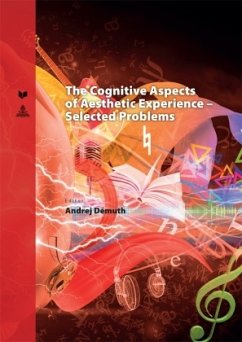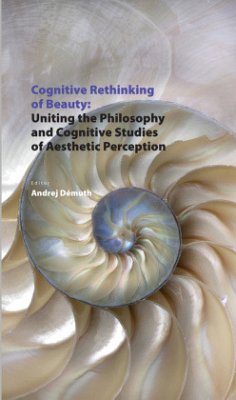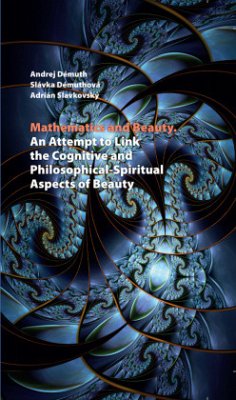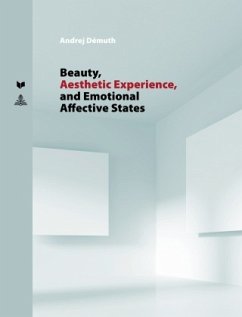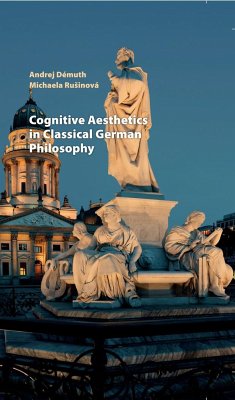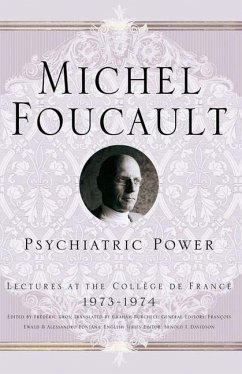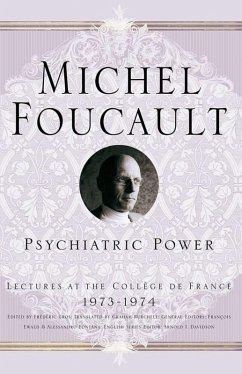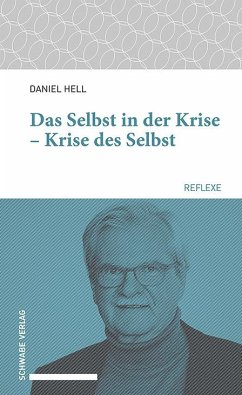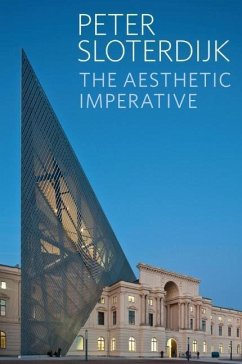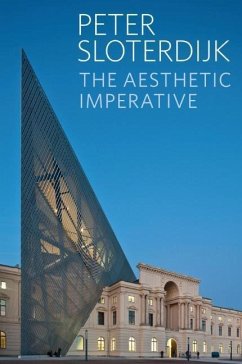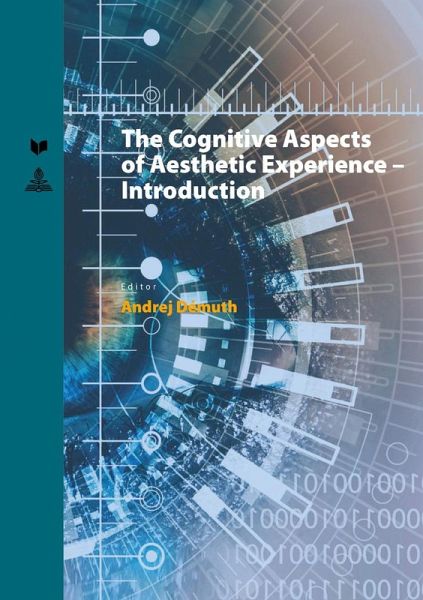
Cognitive Aspects of Aesthetic Experience - Introduction
Versandkostenfrei!
Versandfertig in 6-10 Tagen
41,40 €
inkl. MwSt.

PAYBACK Punkte
0 °P sammeln!
This book is centred around the examination of whether it is possible to find cognitive aspects or purposes in aesthetic judgements and in perceptions of beauty, and whether it is possible to meaningfully develop cognitive aesthetics as a unified science (the unification of philosophical and cognitive approaches) using an epistemic background of beauty and art. The book offers various aspects of understanding cognitive characteristics of aesthetic experience. The authors examine the distinction between ordinary and aesthetic experience. They regard a conceptual and semantic analysis of the con...
This book is centred around the examination of whether it is possible to find cognitive aspects or purposes in aesthetic judgements and in perceptions of beauty, and whether it is possible to meaningfully develop cognitive aesthetics as a unified science (the unification of philosophical and cognitive approaches) using an epistemic background of beauty and art. The book offers various aspects of understanding cognitive characteristics of aesthetic experience. The authors examine the distinction between ordinary and aesthetic experience. They regard a conceptual and semantic analysis of the concept of beauty and focuse on the differences in the evaluation of physical beauty between the sexes from the perspective of evolutionary psychology. The problem of the facial attractiveness and the aesthetic experience from the perspective of cognitive neuroscience is also object of their investigation. The contributors elaborate on beauty in music and emotionality, the problem of the beauty in mathematics and the mathematics of beauty, and consider the vision of how cognitive science affects art theory.





